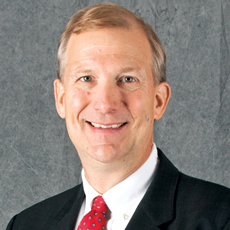
Could it be that federal regulators and the caregivers they oversee are becoming more civil to one another?
One might conclude so, if judging by the way the Centers for Medicare & Medicaid Services has asked for suggestions on how to rectify an apparent $1.7 billion overpayment rate to providers. It has been assumed since shortly after the Patient Driven Payment System went into effect Oct. 1, 2019, that a correction would be coming.
It’s been some of the most conciliatory rule-making in recent memory. Reductions could be phased in over a couple of years or more quickly after a very long, ground-softening period.
The current situation is notably different from 10 years ago, when changes to the RUGs payment system then in place resulted in providers claiming a nearly 13% jump in payments. It took regulators less than a half year to recognize and announce — in a non-compromising tone and with no solicitation for comments — what was happening. A massive take back occurred quickly, no questions asked.
Providers were accused of gaming the system via upcoding or other unsavory acts. As much as providers may want to claim that RUGs had a lousy construct (which is true, to some degree) and that providers simply exploited it (“in a good way”), the overwhelming percentage of patients who wound up in the highest reimbursement categories would indicate otherwise. As would the subsequent littered path of legal settlements involving providers.
Speaking at a 2012 conference, then-former CMS Administrator Tom Scully recalled how he pleaded with provider leaders not to abuse the system and try to pocket money not intended for them.
“I jumped up and down and begged them. I told them they can’t say they ‘found’ $5 billion,” he recalled. His warnings were not heeded, he noted, and his prediction that the industry would suffer a credibility problem for many years came painfully true.
This time, however, CMS took plenty of time to create a system that both it and providers agree is better. That’s one reason nobody’s heard — at least not publicly — accusations of wrongdoing. CMS has learned, and apparently so have providers, who don’t need to touch a hot stove twice to learn how badly it can burn.
The feedback from the comment period (ended June 7) should provide plenty of fodder to deliver one of the most interesting summer school terms in a long time.




